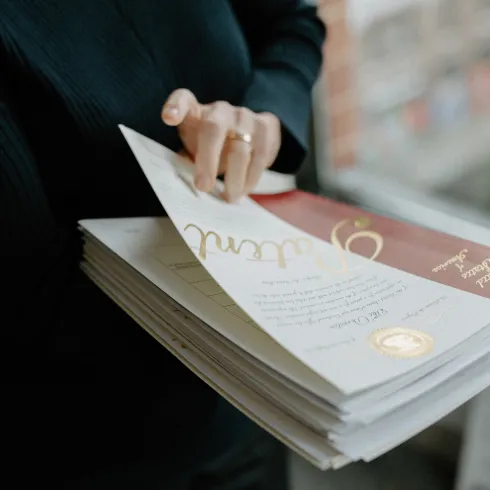
Understanding Intellectual Property
Learn about MIT policies and guidelines for intellectual property.
MIT's intellectual property policy ensures that individual investigators receive appropriate recognition for intellectual property they generated at MIT, while encouraging them to promptly make inventions arising from their research available to industry and others through licensing for the public benefit.
Information, Data, and Documents
Per the Inventions and Proprietary Information Agreement (IPIA) MIT follows a set of guidelines for managing and transferring all information, data, documents, etc. created inside and outside the Institute:
- New employees and visitors are not permitted to bring information, data, documents, etc. to MIT unless (in the case of a visitor) a separate agreement is in place between MIT and your employer/home institution.
- The information, data, documents, etc. you generate while at MIT is the property of MIT and you may not take it and use it for non-MIT purposes when you leave, unless a separate agreement is entered into with MIT.
- If and when you leave MIT, all content should remain in your lab—consult with your PI or academic/research advisor to ensure that the proper individuals maintain and manage access.
Note that some exceptions are outlined in the IP policy and are not subject to these guidelines. This includes materials that are not owned by MIT, see IP Policy.
Consulting and Collaboration
Guidelines for consulting work, including use of your MIT-issued laptop, are outlined in the MIT Conflict of Interest policy. Researchers should be mindful of all laptop and software use for permissible consulting activities, segregating such consulting work from other MIT research and sponsors' information and abiding by any software licensing restrictions.
Researchers interested in collaborating with or using space at peer institutions such as the Broad Institute, Whitehead Institute, and Mass General Hospital should reach out to the TLO to discuss any agreements in place that might impact IP assignment (and ownership), management and commercialization of IP.
Consultants, Service Providers and Vendors
In order to provide services to MIT, consultants, service providers, and vendors must enter into a written agreement with MIT, which may contain terms governing IP. If you are providing (or are planning to provide) a service to MIT on a fee-for-service basis or are working with an external provider for your MIT research, please connect with the contracts group in the Office for the Vice President of Finance. You should also connect with the TLO to ensure that IP terms are appropriately considered depending on the nature of the work being performed by the third party and your particular MIT research.
Contact Us
Connect with our team to explore opportunities and gain insights into licensing and IP protection.